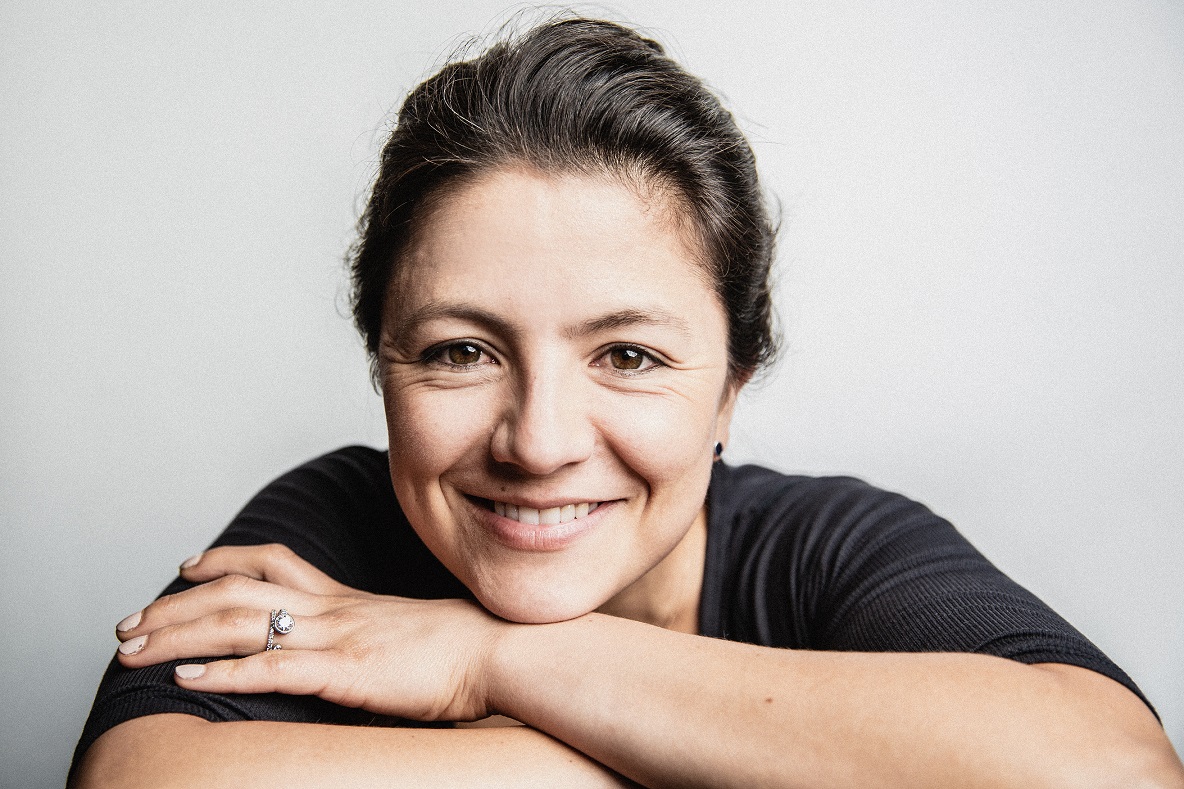“Your beliefs become your thoughts. Your thoughts become your words. Your words become your actions. Your actions become your habits. Your habits become your values. Your values become your destiny”, said Mahatma Ghandi, the Indian activist.
When we fight food and our body, we are addicted to a certain type of thoughts.
Stories that tell us that we’re not valuable, we’ll end up alone, we’re lazy and our bodies are defective. Those thoughts become who we are and determine the inclination of our behavior, how we relate to others, the energy we transmit.
Acting as if we weren’t at war with our plate and our body is a way to start transforming our behavior and moving towards food freedom.
When we act as if, we start breaking the neural connections that our rumination has built and strengthened. Ghandi’s words explain the mind-body connection. When we repetitively ruminate and get stuck in movies about our body and food, we strengthen the neural connections between an event and painful feelings (like when you believe that you won’t get a partner because of the way your body looks, for example).
Because our thinking is habitual, we’re perpetuating the tension and negative emotional states. Whatever we think and reflect upon frequently determines the inclination of our minds. “When neurons fire together, they wire together”,said psychologist Donald Hebb. Whatever we’re regularly thinking of becomes our inclination.
Ghandi also touched upon identity. When we’re in a place of fighting food and our bodies, our identity is dictated by these thoughts and emotions. We areour thoughts and emotions. We become our stories about food and our body. It feels as if we don’t exist outside the food obsession or unwanted habit around food. We become our thoughts. Our thoughts become our reality.
When we feel more at ease around food, we start uncovering or recovering who we really are. Our real identity. We become ourselves outside the battle with food and body. We don’t have to be there today. We can start acting as if we were.
When this happens, our attention is directed towards other interests, people around us, other passions, hobbies, activities, professional inclinations, etc. When we connect to these other things that were hidden or quieted by the food fight, we inevitable gravitate towards them and our fixation with food and body become a secondary preoccupation. It becomes background noise. Nothing to worry much about.
That’s how we measure if we’re making progress. When we’re able to be with the people we love and our mind is not in the buffet table; when we’re able to enjoy an activity and aren’t thinking how is that going to make me heavier or lighter. It’s when we start recovering or uncovering our real identity that the fixation on food/body is less intense. Less loud. Less controlling.
Who are you outside of your fight with food and body? How has this struggle determined or defined who you are? who you like? what you value? What would acting as if look for you?
The information provided on this post is for educational and informational purposes only and solely as a self-help tool for your own use.
Written by Lina Salazar.


